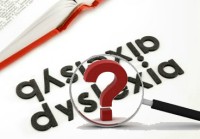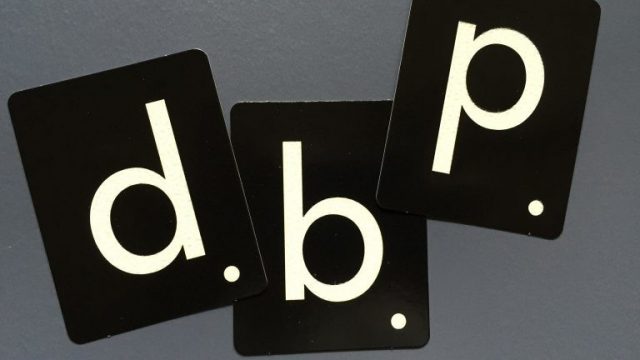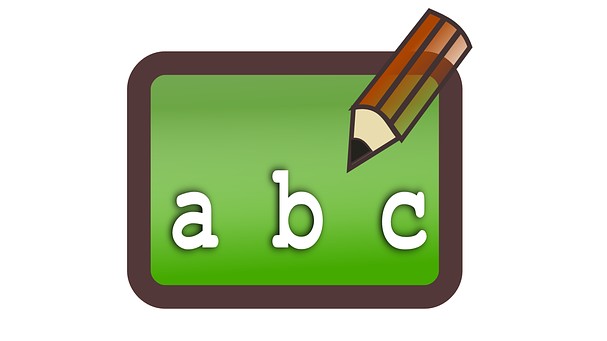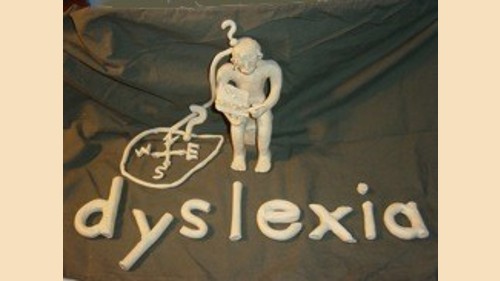The Dyslexia Quandary – Update
On December 1, the APA (American Psychiatric Association) approved the recommendations for the forthcoming DSM-5. I am not exactly sure what they approved, because they haven’t released the exact text — but as far as I can tell, they have approved the language that I described in general terms in my initial post on this subject, on June 9. That is, it looks like the word “dyslexia” will not be used; that the concept of dyslexia will be subsumed under the broader title, “Specific Learning Disorders,” and that the diagnosis be made based on measured current skill level rather than a cognitive or behavioral profile of strengths and weaknesses.
However, it is all very murky, because the APA has chosen to withhold release of the actual diagnostic criteria until publication of the DSM 5 next spring, so are left with the task of simply trying to make sense of their press release.
I am also frustrated because I can no longer access the draft proposals which had previously been published for comment, as the APA has either removed those from their website at DSM5.org or simply restricted public access to the site. Either way, they are no longer available. I personally feel that is unprofessional, at least from a journalistic standpoint. It seems to me that a public record should be maintained for both the documents and the comments in support of them, if only in the context of an archived site. It is simply a part of the history of the development of the criteria that should remain available to professionals and scholars.
Of course, as a practical matter it simply leaves me caught short: I have an opinion, but I don’t have a copy of the written guideline that I have an opinion about .. so I am not in a position to share my opinion, lest it be mistaken.
Speaking of which …. I learned of the APA’s decision today through internet media and postings which seem to be wrong. The email buzz was a link to an online news source with the headline, “Asperger’s gone, dyslexia stays in first change to psychiatric manual in almost 20 years.” I won’t link to that article because I’m an “original source” kind of person… so I am reading the APA release rather than some internet news aggregator website.
The APA press release says:
Specific learning disorder broadens the DSM-IV criteria to represent distinct disorders which interfere with the acquisition and use of one or more of the following academic skills: oral language, reading, written language, or mathematics.
That looks a lot like the language that I referenced in my June 9 post, when I wrote:
…the APA has now retreated from this position, eliminating the term dyslexia from their recommendation entirely: “Learning Disorder has been changed to Specific Learning Disorder, and the previous types of Learning Disorders (Dyslexia, Dyscalculia, and Disorder of Written Expression) are no longer being recommended.
Now, since I don’t have the actual text of the newly approved DSM 5 criteria, I could be mistaken — but even the news article with the headline about “dyslexia” indicates otherwise, as it states:
the new manual will have a broader learning disorder category to cover several conditions including dyslexia, which causes difficulty understanding letters and recognizing written words.
Which sounds pretty much like what the press release says, except for the fact that the press release does not contain the word “dyslexia.”
Of course we wouldn’t need to speculate if the APA had simply released the text of the newly approved criteria — or allowed access to the information on their web site. I know, they want to sell books. They have a whole slew of DSM-IV related books on their web site with list prices ranging from $60-$100+, so of course they don’t want to give away their book for free on the internet.
But I think that when a book sets the criteria that will govern the lives of millions of children and adults, whose lives will be shaped by the labels attached to the symptoms they manifest — then maybe some things just ought to be made public.. Just for the sake of the public good.
And also to settle confusion and to prevent people from getting all excited about internet rumors that may or may not turn out to be true.
The takeaway:
- The word “dyslexia” is not used in the DSM 5
- The DSM 5 will have a diagnosis called “Specific Learning Disorder” which will include deficits in specific skill areas such as reading, math and handwriting.
- I can’t be sure of the points above, because the DSM 5 criteria is currently not accessible to the public.
To read more:
- APA Press Release – December 1, 2012
- June 9 Blog Post: The Dyslexia Quandary (discussing the proposed changes)
- June 25 Blog Post: The Dyslexia Quandary – Continued (another perspective: maybe dyslexia doesn’t belong in a manual to define mental illness in any case)
- Comments on Proposed DSM-5 Criteria by Professors Ruth Coker, Sally Shaywitz, Bennett Shaywitz, & JoAnn Simon
- ASHA’s Recommended Revisions to the DSM-5











I wonder if they will have the SLD label follies by which one it actually is eg SLD ( dyslexia)
Whether dyslexia is used as a primary diagnosis, or is a subset of specific learning disabilities, should be irrelevant to the parent. For groups that focus on dyslexia, the key is to use the term and encourage psychologists to do the same.
For parents of students with dyslexia, it is equally important to recognize that many students with dyslexia learn differently — that is they learn best when they see and experience information — therefore your choice of dyslexia programs should try and match how your child learns best
As a Dyslexic I don’t care what rediculas name they come up with, it doesn’t matter… we’ll always be Dyslexic!
Doing is the best way of learning. I think that goes for most people.